- Write by:
-
Monday, January 3, 2022 - 13:37:45
-
776 Visit
-
Print
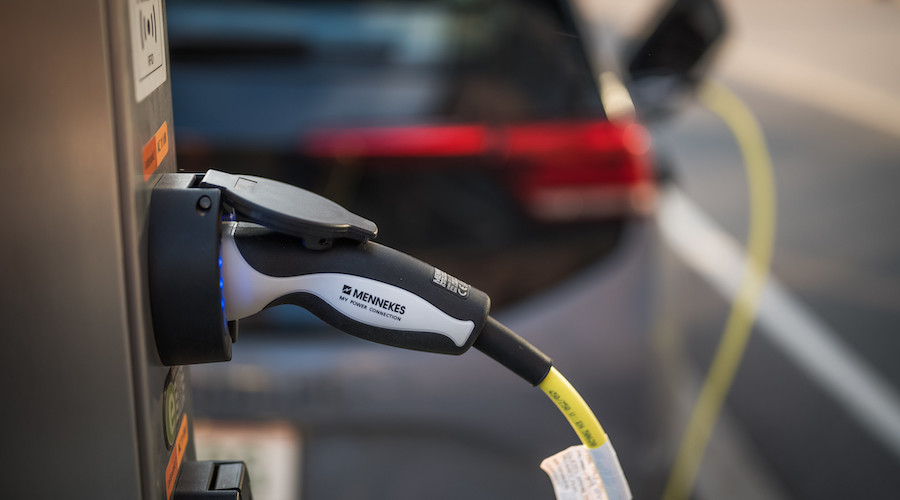
Mining News Pro - A team of scientists at the Japan Advanced Institute of Science and Technology (JAIST) developed an approach to anode fabrication that could lead to extremely fast-charging lithium-ion batteries.
It is already known that one way to shorten the charging time of LIBs is to increase the diffusion rate of lithium ions, which in turn can be done by increasing the interlayer distance in the carbon-based materials used in the battery’s anode. This has been achieved with some success by introducing nitrogen impurities, which are technically referred to as nitrogen doping. However, there is no method easily available to control interlayer distance or to concentrate the doping element.
To address this issue, the Japanese group used poly (benzimidazole), a bio-based polymer that can be synthesized from raw materials of biological origin as the precursor material for the anode.
By calcinating this thermally stable material at 800°C, the team managed to prepare a carbon anode with a record-setting nitrogen content of 17% in weight. They verified the successful synthesis of this material and studied its composition and structural properties using a variety of techniques, including scanning electron tunnelling microscopy, Raman spectroscopy, and X-ray photoelectron spectroscopy.
To test the performance of their anode and compare it with the more common graphite anode, the researchers built half-cells and full-cells and conducted charge-discharge experiments. The proposed anode material proved suitable for fast charging, thanks to its enhanced lithium-ion kinetics. Moreover, durability tests showed that the batteries with the proposed anode material retained about 90% of their initial capacity even after 3,000 charge-discharge cycles at high rates, which is considerably more than the capacity retained by graphite-based cells.
In the researchers’ view, modifications to the structure of the polymer precursor could lead to even better performance, which might be relevant for the batteries not only of EVs but also of portable electronics.
“The extremely fast charging rate with the anode material we prepared could make it suitable for use in EVs,” team leader Noriyoshi Matsumi said in a media statement. “Much shorter charging times will hopefully attract consumers to choose EVs rather than gasoline-based vehicles, ultimately leading to cleaner environments in every major city across the world.”
According to Matsumi, another notable advantage of the proposed anode material is the use of a bio-based polymer in its synthesis. As a low-carbon technology, the material naturally leads to a synergistic effect that further reduces CO2 emissions.
Short Link:
https://www.miningnews.ir/En/News/618341

Toronto-listed miner OceanaGold Corp said on Wednesday it will raise 6.08 billion pesos ($106 million) through an ...

Chile’s state copper company Codelco defended its proposed lithium production tie-up with SQM in response to criticism ...
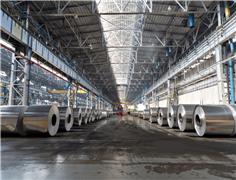
The London Metal Exchange is imposing new rules surrounding the movement of metal in its warehousing network, taking aim ...
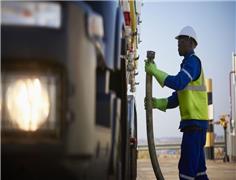
A Russian arbitration court ruled on Monday that four units of Swiss commodities trader Glencore will pay more than 11.4 ...

Chile’s state-run miner Codelco plans to select a partner for a future lithium project in one of the country’s top salt ...

Chile’s SQM called another investors meeting at the request of its second-largest shareholder, Tianqi Lithium Corp., ...
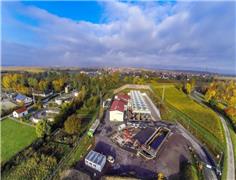
Lithium supplier Vulcan Energy on Wednesday announced the start of production of the first lithium chloride at its ...
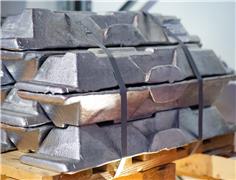
Vietnam’s top miner Vinacomin plans to invest 182 trillion dong ($7.3 billion) to ramp up its alumina-aluminum ...

A stuttering recovery in lithium prices is providing a fresh reminder of why the dramatic rally of recent years was ...
No comments have been posted yet ...